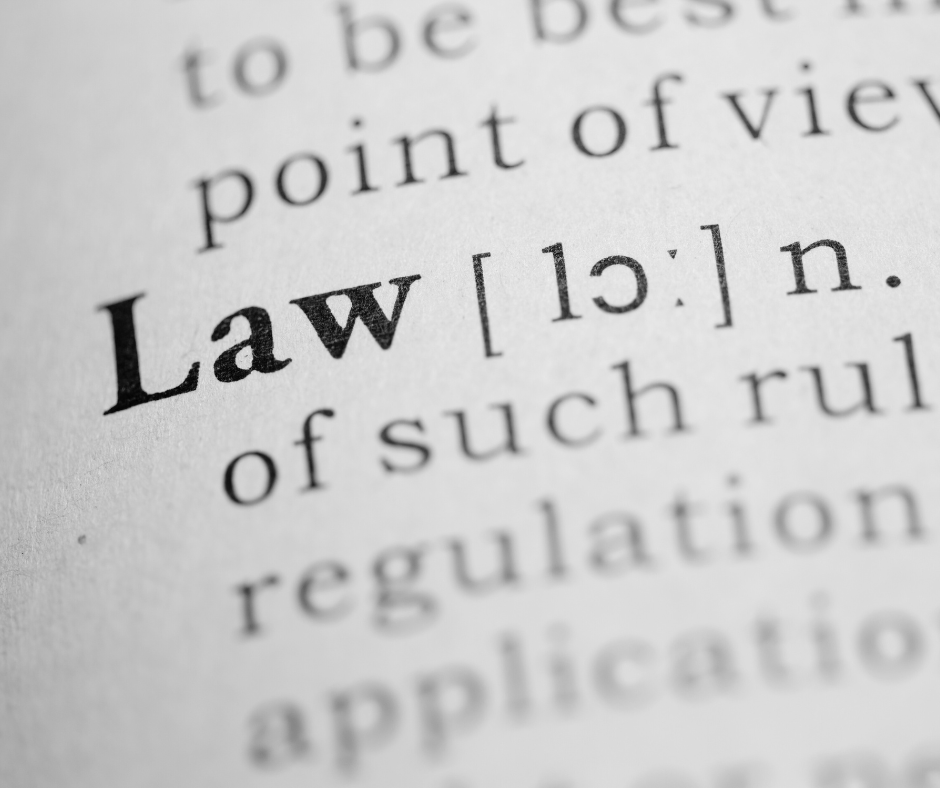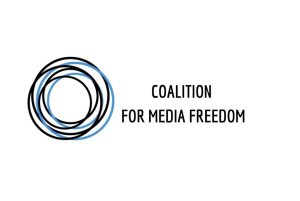Joint Statement on the Draft Penal Code and Its Implications for Media Freedom and Freedom of Expression in Albania
We, the SafeJournalists Network, partners of the Media Freedom Rapid Response (MFRR), and civil society organizations in Albania, express utmost concern regarding the proposed amendments to the Penal Code. Several provisions within the draft published by the Ministry of Justice, specifically Articles 865 (Defamation), 863 (Insult), and 536 (Influencing Judicial Independence), pose direct threats to media freedom, the safety of journalists, and the fundamental right to freedom of expression.
As we continue to closely monitor developments and prepare a detailed legal assessment, based on our initial analysis of the published draft Penal Code, the following constitute our main concerns:
- Article 865 (Defamation) significantly increases penalties, especially when information is disseminated through media channels or online platforms, as well as towards holders of public offices. Removing the requirement on knowing that the disseminated information is false introduces ambiguity and allows disproportionate interpretation, thus heightening risks for journalists, public watchdogs, whistleblowers, and media outlets. The broadly worded clauses may lead to the arbitrary prosecution of journalists and have a chilling effect on investigative reporting and public discourse. The amendments fail to fully decriminalise defamation as requested by the civil society, media community, and as envisaged in the Rule of Law Roadmap of Albania in light of the EU accession process.
- Article 863 (Insult) for serious insults introduces vague criteria such as “disturbing public opinion” and “good customs,” lacking clear definitions and opening possibilities for subjective interpretation and selective enforcement. The proposed sanctions, including potential imprisonment, are disproportionate and contravene the jurisprudence of the European Court of Human Rights (ECtHR), which, amongst others, underscores higher levels of permissible critique for public figures and state officials.
- Article 536 (Influencing Judicial Independence) is particularly concerning as it broadly prohibits commentary and reporting on judicial proceedings, thus directly interfering with media and civil society essential watchdog role and undermining transparency. The wording is overly general, leaving room for authorities to misuse it and suppress journalistic scrutiny and public discourse, which is particularly relevant given the ongoing judicial proceedings against prominent political figures. The penalty is also disproportional. Hence, such a provision conflicts with Article 10 of the European Convention on Human Rights (ECHR) and ECtHR jurisprudence, which emphasize the public’s right to be informed about judicial matters.
- Article 852 (Violation of Freedom of Thought and Expression) positively recognizes the right to freedom of expression and media protection, but it lacks clear definitions of terms like “unjustified denial or restriction”, potentially limiting its effectiveness as a protective mechanism.
Failing to recognise journalists and public watchdogs as a specially protected category further exacerbates risks associated with their professional duties, potentially increasing the chilling effect on independent reporting.
Calling for Institutions to Exercise Alignment with European Standards
We underscore that the proposed provisions are incompatible with established European standards, notably:
- Article 10 of the ECHR, which safeguards the right to freedom of expression, including the freedom to receive and impart information without interference by public authorities.
- Council of Europe Recommendation Rec(2003)13, which asserts the public’s right to be informed about judicial proceedings and the media’s right to report freely on judicial activities.
- Council of Europe Resolution 1577 (2007) which calls for the decriminalization of defamation.
- ECtHR Jurisprudence, affirming the right to discuss and comment publicly on judicial matters prior to a court’s final decision.
Recommendations:
Given the above, we urgently call upon the Ministry of Justice, the Council of Ministers, and the stakeholders involved in the process of adopting the new Penal Code to:
- Substantially revise articles 865, 863, and 536 and articles that affect freedom of expression to align fully with the Council of Europe standards and European best practices.
- Ensure clarity and specificity in the wording of penal provisions, thus avoiding ambiguity and the potential for selective application.
- Decriminalize defamation and insult, addressing them through proportionate civil measures in line with Council of Europe standards and EU recommendations, and as envisaged in the Rule of Law Roadmap and requested by civil society and media community.
- Explicitly safeguard journalists, media workers, whistleblowers, and public watchdogs from disproportionate penalties and criminal liability for their legitimate watchdog and reporting roles.
- Engage in meaningful consultations with the journalistic community, civil society, academia, and legal and media freedom experts to ensure that legislative changes strengthen rather than undermine freedom of expression and democratic governance. It is crucial to clearly specify the consultation timeline and clarify the methods for collecting feedback, especially considering that the draft code has not yet been published on the Public Consultation Electronic Platform.
We reiterate our commitment to supporting Albanian institutions in improving legislation concerning media freedom and freedom of expression, emphasizing that robust protections for journalism and free speech are fundamental to Albania’s democratic development and EU integration path.
Signed,
SafeJournalists Network
Association of BH journalists
Association of Journalists of Kosovo
Association of Macedonian Journalists
Croatian Journalists’ Association
Independent Journalists’ Association of Serbia
Trade Union of Media of Montenegro
Media Freedom Rapid Response (MFRR) Partners
Osservatorio Balcani Caucaso Transeuropa (OBCT)
Free Press Unlimited (FPU)
European Center for Press and Media Freedom (ECPMF)
International Press Institute (IPI)
European Federation of Journalists (EFJ)
Reporting Diversity Network
Civil society organisations in Albania:
- Center Science and Innovation for Development (SCiDEV)
- AWA Albanian Women in Audiovisual (AWA)
- Albanian Media Institute (AMI)
- Association of Journalists of Albania (AGSH)
- Albanian Media Council (KSHM)
- Citizens Channel (CC)
- Amfora.al
- Union of Journalists and Media Workers (SGPM)
- Institute for Democracy and Mediation (IDM)
- Balkan Investigative Network Albania (BIRN Albania)
- Albanian Center for Quality Journalism (ACQJ)
- Center for the Study of Democracy and Governance (CSDG)
- Faktoje.al
- Albanian Center MediaLook
- Association of Professional Journalists of Albania (APJA)
- Union of Journalists of Albania (UGSH)
- Civil Rights Defenders (Albania)
- Civic Resistance (QQ)
- Albanian Helsinki Committee (AHC)
- Partners Albania for Change and Development
- Res Publica Center
*European Federation of Journalists (EFJ) joined our announcement on August 4th.




